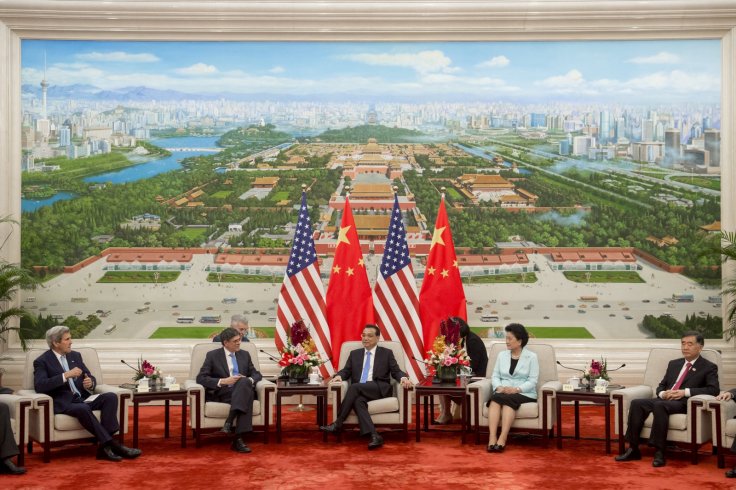China promises to cut steel capacity and make industry more responsive to market forces
- reduce net steel capacity;
- eliminate outdated steel capacity; and
- encourage the shutting down of steel production that "falls short of environmental, energy, quality or safety standards.

China has finally promised to rein in excess steel output that may give some breathing space to steel industries in the developed world, whilst the country has also, among others, pledged to undertake a package of structural reform policies that would enable its steel industry to be more responsive to market forces.
In what has been described as one of the most productive two-day talks — the annual Strategic and Economic Dialogue — between top officials from the US and China in recent years, the US said that meaningful efforts by China - currently the world's largest producer and consumer of steel - are paramount to efforts to reduce the global excess steel capacity.
China said it is committed to adopt measures "to strictly contain steel capacity expansion." China will ensure that its central policies, guidance, lending and support "do not target the net expansion of steel capacity."
Among others, China has also agreed to:
It also plans, through the better alignment of the central government's fiscal incentives for local governments, to reduce excess capacity, to actively wind down consistently loss-making 'zombie enterprises'. This will be carried out through bankruptcy and liquidation among others.
China said it is also firmly committed to supporting international efforts to address excess capacity at the OECD level as well as to work with both the US and others on a potential global steel forum. A statement from the US Treasury Department said that both the US and China will "continue to communicate and engage information on excess capacity issues."
The talks on excess capacity will also include the aluminium sector, it said. Another Steel Dialogue meeting under the US-China Joint Commission on Commerce and Trade are also in the works.
US steel workers remain sceptical
Despite the pledges by China, there is no immediate round of applause from the steel industry in the US. "I would love to believe it will lead to something, but I won't until we see evidence," that China has actually cut production, says Holly Hart, the legislative director for the United Steelworkers.
While the American Iron and Steel Institute welcomed the new commitments by Chinese leaders, its chief executive officer, Thomas Gibson said: "But these commitments will only be meaningful if they lead to real results."
The US National Public Radio said that in April this year, major steel-producing countries met in Brussels for talks held by the OECD in an effort to reach a comprehensive multilateral agreement to cut global steel product. However China "was uncooperative."
According to the OECD, only 67.5% of the steel produced last year was actually being used, down slightly from 70.0% in 2014. This has resulted in steel being stored globally, effectively weighing on prices and the steel industry seeing mass lay-offs globally.
US Treasury Secretary Jack Lew who was a member of the US team at the two-day talks in Beijing said that although the talks "cannot resolve our concerns, they do represent progress."